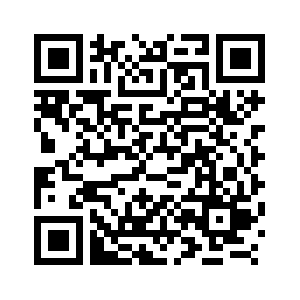BEIJING, Nov. 4 (Xinhua) -- China has carried out active international cooperation on the BeiDou Navigation Satellite System (BDS) and advanced its applications across the globe, contributing to building a global community of shared future, according to a white paper published Friday.
The white paper titled "China's BeiDou Navigation Satellite System in the New Era" was released by China's State Council Information Office.
The international cooperation and applications of BDS were based on the principles of openness, integration, coordination, compatibility, complementarity and sharing, said the white paper.
China has been active in advocating and advancing the compatibility and interoperability of different navigation satellite systems to provide users with more high-quality, diverse, secure and reliable services.
The cooperation between BDS and other global navigation systems, including GPS of the United States, Galileo of the European Union and GLONASS of Russia, has made excellent progress, BDS spokesperson Ran Chengqi told a press conference during the release of the white paper.
The country continues to promote international cooperation and exchanges of BDS through measures such as strengthening cooperation mechanisms, increasing cooperation channels, and establishing cooperation platforms and windows, the white paper said.
China has carried out bilateral and multilateral cooperations and exchanges with countries in Central Asia and Africa, and regional organizations such as the Association of Southeast Asian Nations and the League of Arab States, Ran said.
A Chinese delegation recently attended the meeting of the International Committee on Global Navigation Satellite Systems, which was held in Abu Dhabi in the United Arab Emirates, and has received proposals from many countries and organizations for enhanced cooperation with BDS, Ran added.
The country is also making every effort to have BDS ratified by international standards organizations and standards organizations in the industrial and specialized application sectors, such as civil aviation, maritime, search and rescue, and mobile communication, read the white paper.
The previous international rescue signal was one-way, so it was unknown to the caller whether the distress signal was received by search and rescue organizations, Ran explained, adding that BDS ingeniously developed two-way signals to notify the caller that the distress signal has gotten a response, which would be a tremendous mental support for the caller.
According to the white paper, China is working to accelerate the large-scale application of BDS worldwide to boost economic and social development and improve public well-being across the globe.
BDS products currently serve more than half of the countries and regions across the world, Ran said. ■



